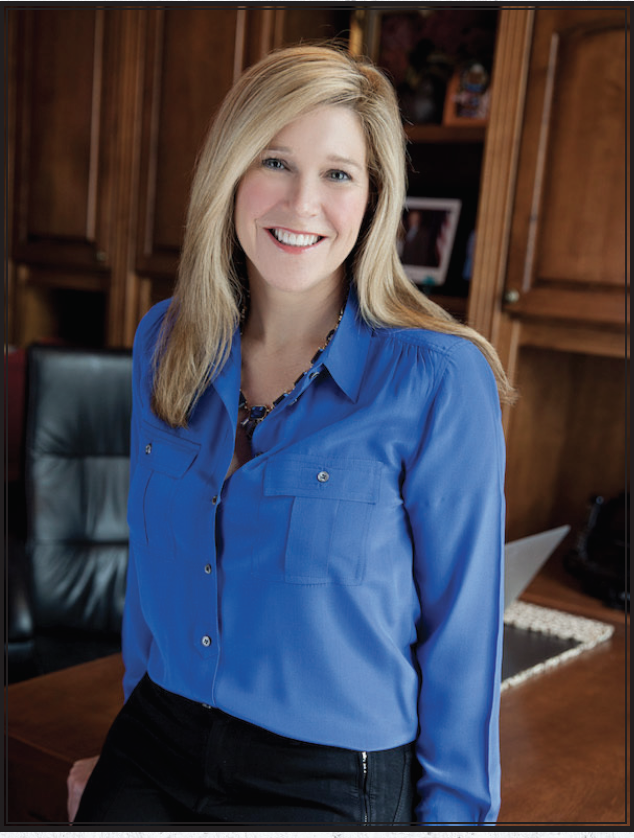Hampered by labor shortages, rising material costs and government regulation, homebuilders are looking to Congress for ways to decrease the estimated “under-building gap” of 5.5 million homes and help with housing affordability.
The National Association of Home Builders (NAHB) is joining the National Association of Realtors (NAR) in its bid to rectify the tremendous housing shortage in the U.S.
NAHB CEO Jerry Howard testified before Congress and called on lawmakers to enact key policy proposals that will help homebuilders to expand the housing supply, reduce the housing deficit and improve housing affordability for all Americans.
“Over the past decade, the residential construction industry has underbuilt and not kept pace with demand due to several supply-side constraints,” said Howard. “These include a lack of skilled labor and buildable lots, tight lending conditions, shortages and rapidly rising prices for building materials, and excessive regulatory burdens on homebuilders that have added approximately 25% to the cost of a single-family home and 33% to a multifamily unit. Progress must be made on all fronts to ease the supply-side challenges that are holding back housing production.”
What can Congress and the Biden administration do to decrease the under-building gap? Howard requested the following steps to expand access to affordable housing:
Fix the building materials supply chain. The U.S. must immediately engage with Canada to adopt a new softwood lumber agreement and stop the imposition of harmful tariffs on Canadian lumber that increase prices and price volatility. “Commerce Secretary Gina Raimondo has committed to holding a summit of industry stakeholders to examine supply chain issues for lumber and other materials and to explore policy solutions. We look forward to participating in that process,” said Howard. Lower constructions costs would help lower the under-building gap.
Improve the Low-Income Housing Tax Credit. Congress needs to enact H.R. 2573, the Affordable Housing Credit Improvement Act, homebuilders said. The bill would finance more than 2 million additional multifamily units over the next decade by increasing the amount of credits allocated to each state and expanding the number of affordable housing projects that can be built using private activity bonds. It would be just one fix for the under-building gap.
Reformulate current homeownership tax incentives. Recent tax changes have undermined the effectiveness of the mortgage interest deduction, resulting in fewer middle-class taxpayers itemizing and incentives flowing more to high-income households.
A shift away from the mortgage interest deduction to a permanent homeownership tax credit that is targeted to lower- and middle-income Americans would make homeownership more accessible to hardworking American families. Additionally, a permanent, first-time homebuyer tax credit would complement this shift and could provide some relief to the challenge of accumulating a down payment.




![Washington DC, District of Columbia [ United States US Capitol Building, architecture detail ]](https://develop.housingwire.com/wp-content/uploads/2020/08/congress-4-e1693557443484.jpeg?w=1024)


